Elton John: Never Too Late review — an intimate and consequential portrait
By Ed Potton
October 10, 2024
Elton John’s epic retirement party gets another poignant chapter in a documentary that focuses largely on the Seventies, when he made most of his best music — and took most of his drugs. It was co-directed by David Furnish, his husband, and RJ Cutler, an American documentary-maker who — having directed The September Issue, about Anna Wintour, and produced The War Room, about Bill Clinton — has plenty of experience with barn-sized egos. We don’t get any hissy fits here from John, but nor is this a sugary puff piece. He’s in reflective mode for much of the film, which uses clips from audio interviews he did with the British journalist Alexis Petridis for the revealing autobiography he ghostwrote with the star, Me.
“There was an emptiness within me. I didn’t have anything other than my success and my drugs,” says John, now 77. In one Seventies clip a gurning dignitary in Los Angeles declares the opening of “Elton John Week”. Cut to the guest of honour, looking like he’s about to undergo root canal surgery. The sadness, surely, stemmed from a childhood that was “full of fear’ — he says his mother would “beat me till I bled with a wire brush until I was potty trained”. Changing his name from Reg Dwight allowed him to jettison some of that baggage: “Reg was never gonna make it.”
As an adult he was on the receiving end of more violence from John Reid, his manager at the time and his first lover: “A few drinks too many, if you crossed him, he’d punch you or he’d break a glass and put it in your face.” John came out as bisexual to Rolling Stone in 1976 and the film lets us eavesdrop on the interview. The journalist offers to turn off the tape recorder but John tells him to keep it running, proceeding with a revelation that he knows may hurt his career — and which did.
This is intimate, consequential stuff, and with so much focus on his implosions you can see why John wanted to cede the limelight for part of the film to one of the few people above him in the rock pantheon: John Lennon. The two men became friends, once hiding from Andy Warhol during a hotel cocaine binge, and in 1974 recorded a song together, Whatever Gets You Thru the Night. They had a bet that if it got to No 1 they would play it together on stage, and when it became Lennon’s only solo US chart-topper of his lifetime he agreed to join John during his Thanksgiving show that year at Madison Square Garden in New York.
Lennon had performed live only a handful of times since the demise of the Beatles and, John says, vomited with nerves before the show. When two gardenias arrived backstage Lennon guessed correctly that they had been sent by Yoko Ono, from whom he had split. “I couldn’t do it if I knew she was here,” he told John. Well, he did, and the incomplete footage suggests it went pretty well. “I’ve never heard a roar like it,” John says of Lennon’s entrance. John burst into tears afterwards. Ono was pictured in the crowd and the show was seen as a catalyst in her reunion with Lennon — their son, Sean, was born the following year. It would be the last proper concert of Lennon’s life.
The film cuts between these momentous events and the lead-up to another teary swansong: John’s show in 2022 at Dodger Stadium in Los Angeles, supposedly his last one in America. The footage of him singing Your Song there proves — like his Glastonbury triumph last year — that he has manifestly still got it. He is retiring, he tells the LA crowd, to spend more time with Furnish and their sons, Zachary, 13, and Elijah, 11, whom he brings out on stage. Having been denied familial love in his childhood, it’s touching to see him surrounded by it, but bittersweet too. “I’d like to see them get married,” John says of his boys in another scene. “But I don’t think I’m going to be around for that.”

